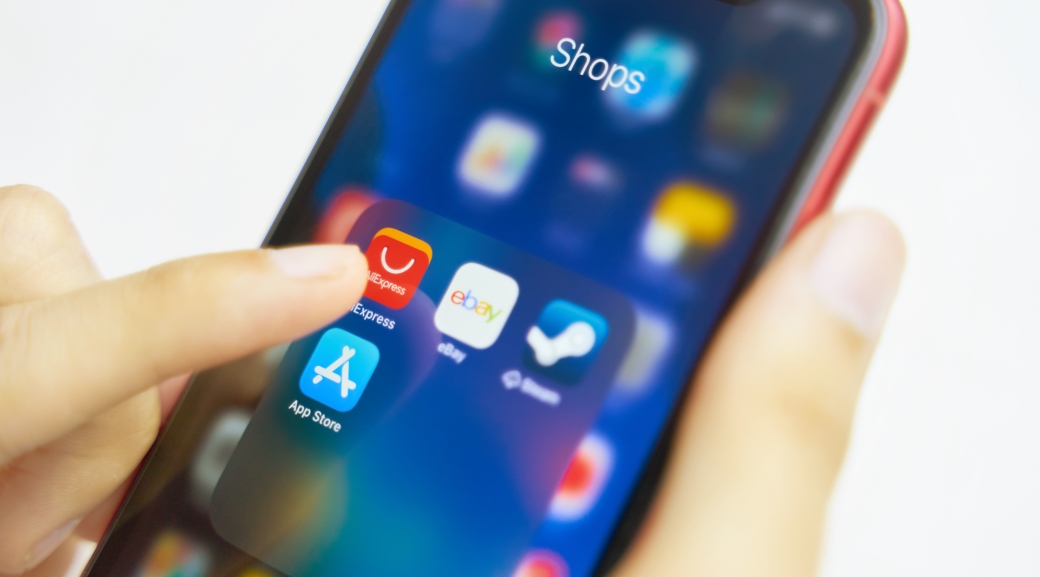Retail Insight, the research and data division of Edge by Ascential, the world’s leading e-commerce provider, predicts that the Chinese online giants – Alibaba, JD.com and Pinduoduo – and Amazon will account for 65 per cent of global health and beauty e-commerce sales by 2025.
The company’s analysts estimate that Alibaba will grab the lion’s share of the online health and beauty market with sales of US$43 billion, followed by Amazon at US$28 billion.
According to Alibaba’s data the global beauty industry is expected to increase by an average 5.2 per cent per year from now to 2023. The e-tailer reports that its transaction volume of beauty products increased 100 per cent year-on-year during the 2020 fiscal year.
Alibaba has released its top 10 beauty trends list for 2021 based on its sales over the past year. A real life assessment that pinpoints what its millions of customers are actually buying.
1) Skincare makes up 19 per cent of the overall beauty industry, says Alibaba. Products such as moisturisers, cleansers, serums and exfoliants have achieved new levels of success. The company also predicts continued interest in skincare containing collagen, Vitamin C and CBD ( cannabidiol)
2) Natural beauty products continue to attract new customers. But the e-tailer says that many of its customers still prefer science-backed, mainstream brands. Those who seek out natural and organic products are drawn to clean beauty alternatives and are very aware of attempts at “greenwashing”.
3) DIY pampering will stick around for the foreseeable future, even though beauty salons in many countries will re-open. Sales of nail kits, hair removal products, at-home hair colourants and facial kits soared in 2020 and Alibaba predicts they will be popular for a while longer.
4) E-commerce will continue to grow as the Covid-19 pandemic accelerated its appeal for brands. The three major drivers are: retailers and brands accumulate more data and analytics through online sales, opening an online store is more affordable than opening a physical shopfront and advances in technology such as augmented and virtual reality.
5) Alibaba believes that the coronavirus crisis has changed hand-washing habits. The e-tailer sees the rise of more moisturising hand sanitisers such as the glycerin-based SKU from Kylie Cosmetics, following a 2520 per cent jump in sales last year.
6) Mask-wearing will be around for some time, especially in Asian markets, says Alibaba. Maskne products that deal with breakouts and blemishes caused by wearing a mask will increase.
7) Mask-friendly makeup will revitalise the colour cosmetics market from eye products such as eyeshadow, false lashes, brow kits and mascara to liquid lip colours which are less likely to smear than regular lipsticks.
8) Scalp treatments will remain in the spotlight from scalp detoxes through moisturising masks, deep cleansers, serums and caffeine treatments.
9) Inclusivity will continue to be a focus but shift away from foundation shades. Alibaba sees growing recognition that diversity also covers different ethnic skin types from sensitive to oily, dry and combination.
10) Beauty subscription boxes centering on skincare or makeup will also get a second wind says the Chinese online giant.

